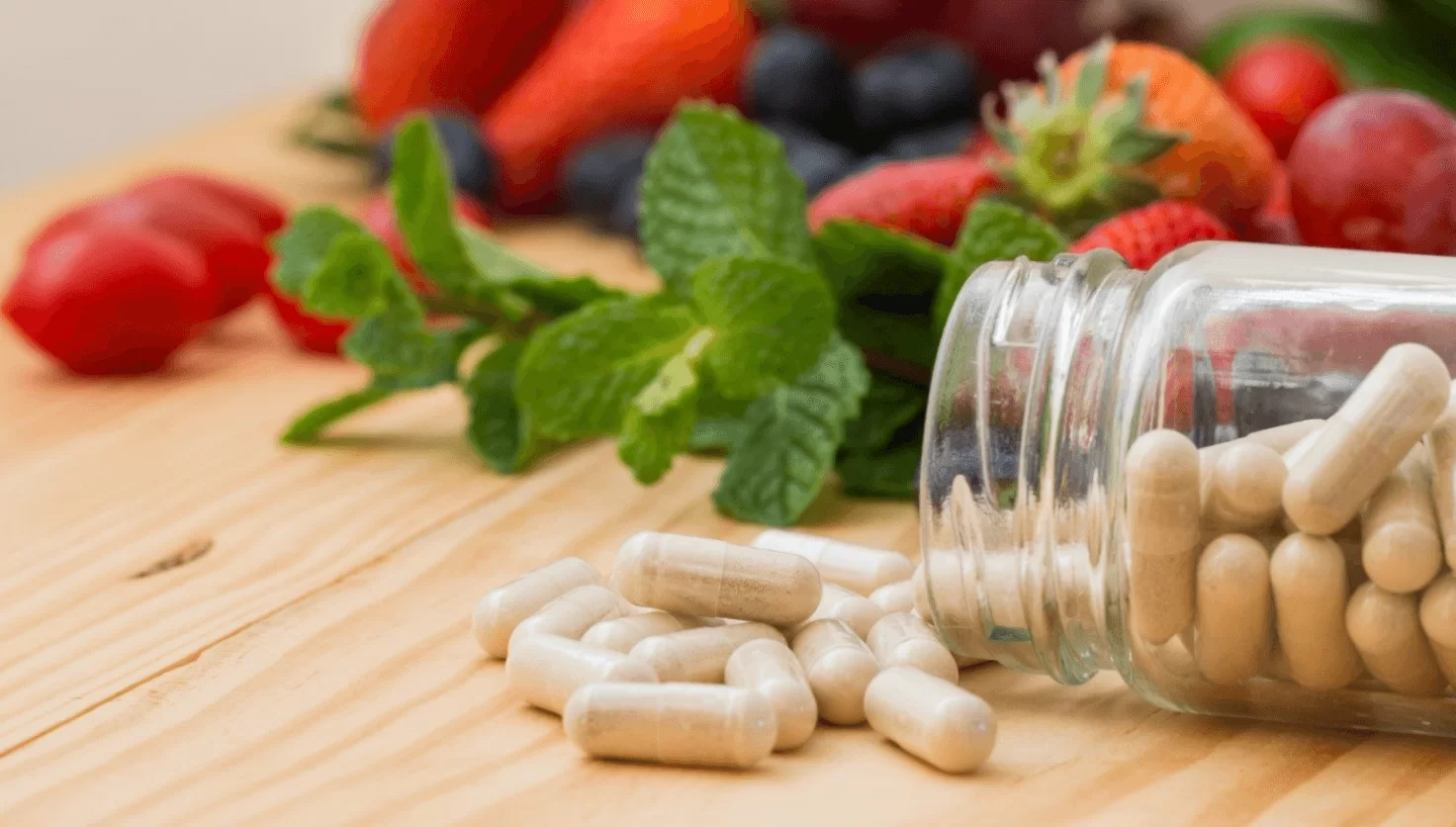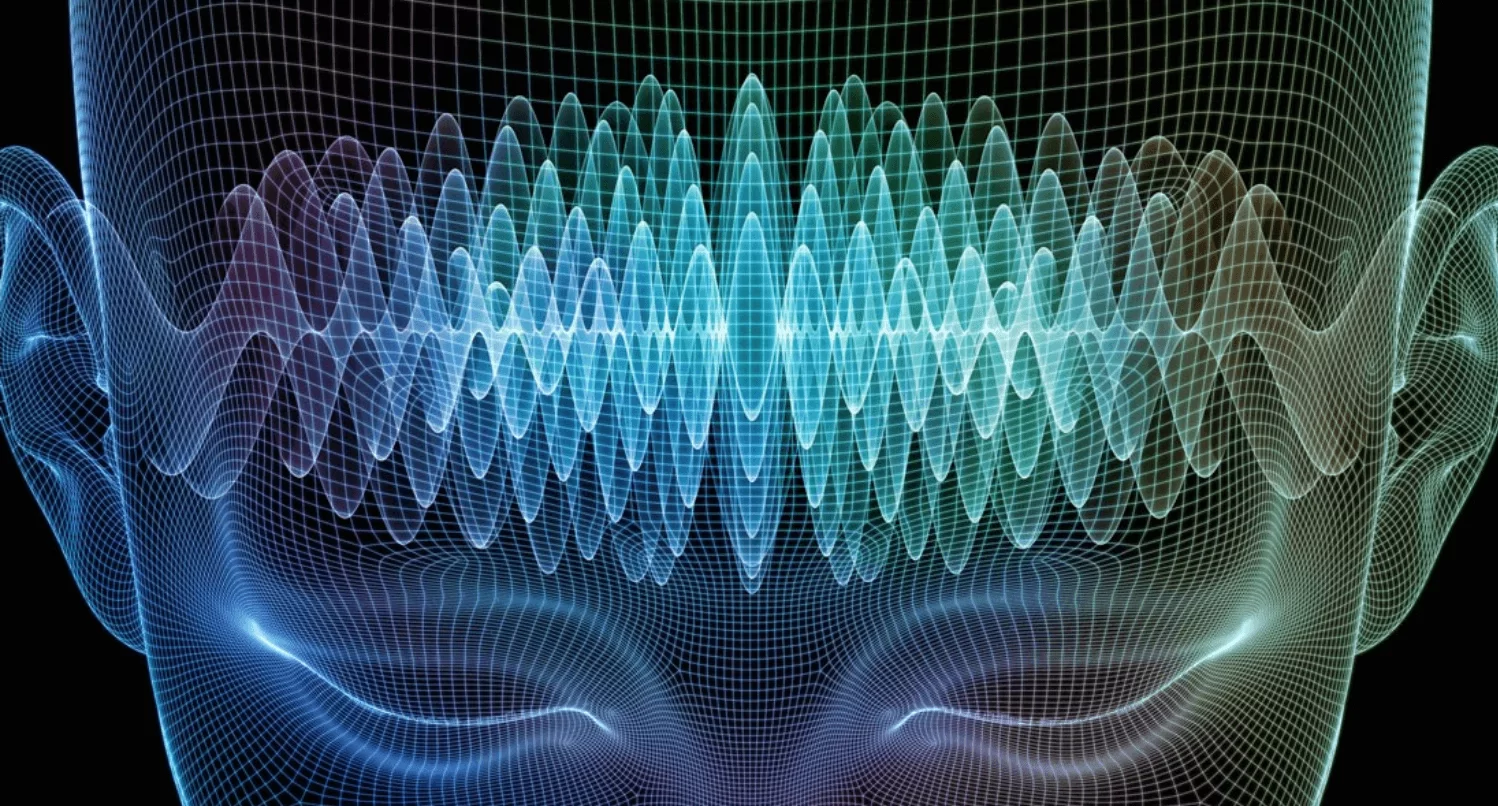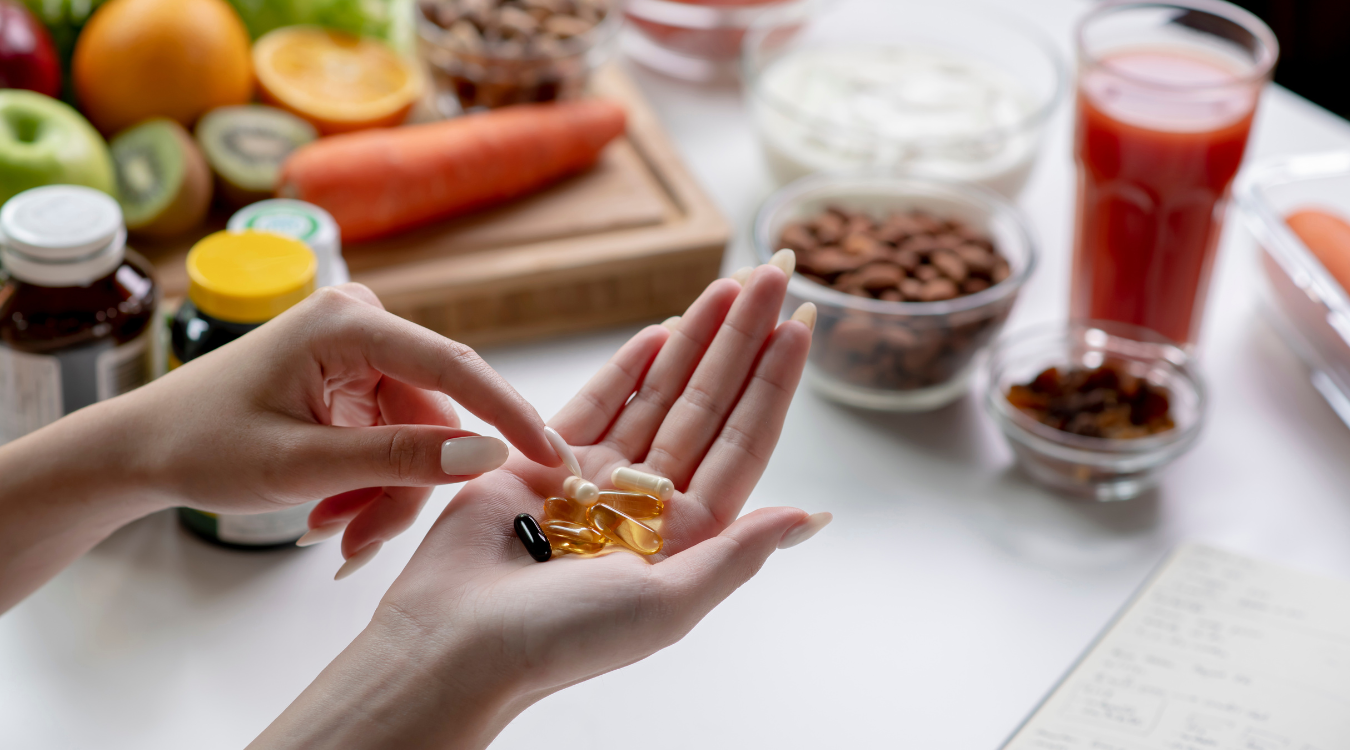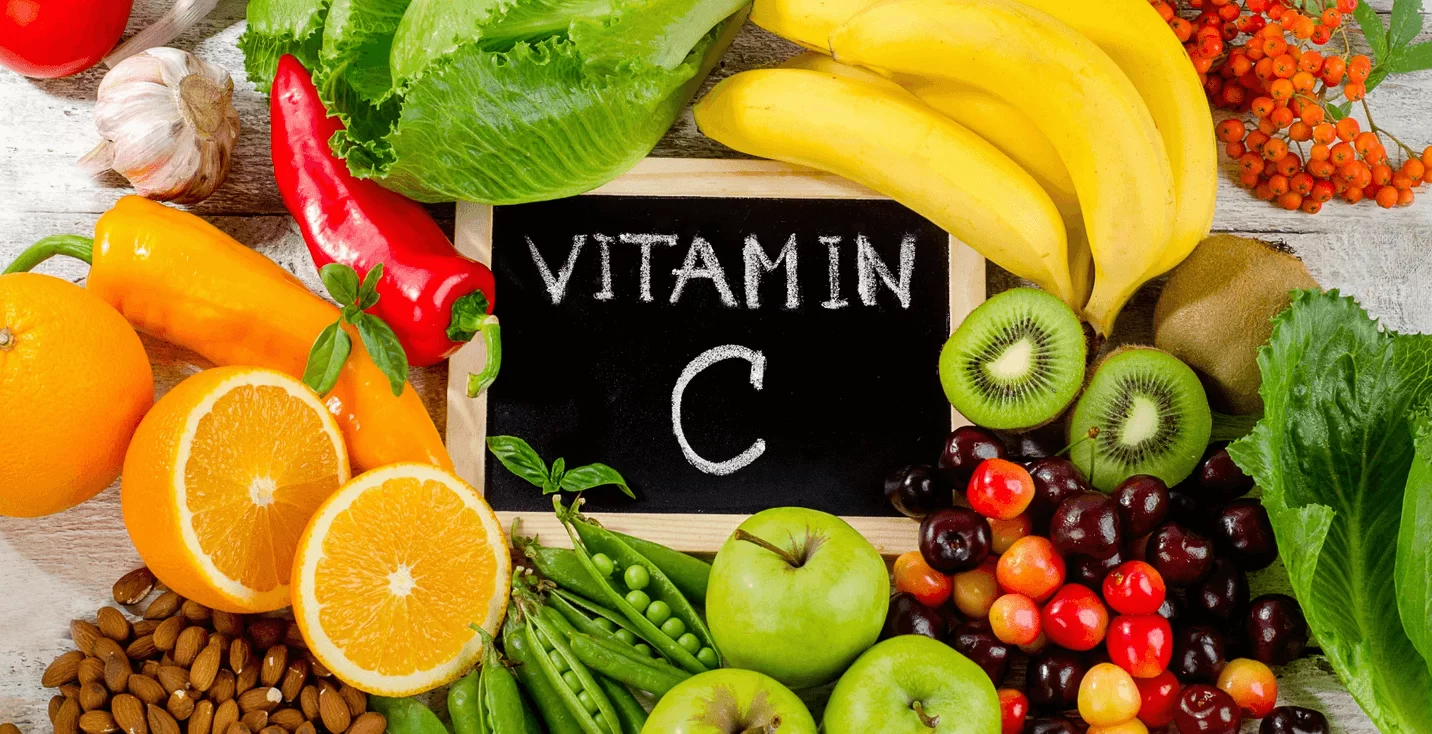
You would have to have led a very sheltered life to be unaware of the dangers of excess alcohol consumption. It only takes a glance through any busy pub doorway on Saturday night to see how things might take a nosedive, and any A&E room to confirm it. There does seem to be a prevalent attitude that as alcohol is so easily sourced - thoroughly embraced by many establishments, in fact - it can’t be that bad. There’s a lot of money to be made on alcohol sales, and regular consumption is a cultural norm. Some might even say that the odd tipple, like red wine, for example, has health benefits. While there might be some truth to that, the resveratrol that you might get from a glass of red wine can be sourced in healthier ways. In reality, there’s really nothing good about alcohol. For many, whether they’ll admit it or not, it’s simply a crutch. The associations we have with the way alcohol makes us feel (if we don’t cross the line with it, that is) might seem positive. They aren’t – alcohol is poison, no matter how we might wish to dress it up. This is the case whether you ‘only have two glasses of wine per night, per week, or per month. You have probably heard that alcohol is a depressant and that it damages the liver. These are truths, but there are many more detriments to drinking alcohol than are commonly broadcast. Let’s take a look at the true impact of regular alcohol consumption:
-
Alcohol is carcinogenic
A carcinogen is a cancer-causing agent. If you drink alcohol regularly, you are leaving your body wide open to the proliferation of cancer cells. Studies have concluded that alcohol consumption and the development of cancer are intrinsically linked. Even moderate consumption has been attributed to more kinds of cancer than just liver cancer. For instance, esophagal cancer, breast cancer, cancer of the head and neck, and colorectal cancer. The National Cancer Institute has publicly stated that there is a ‘strong scientific consensus of an association between alcohol drinking and several types of cancer.’ What’s more, it increases the acidity levels in your body, which makes your body more receptive to disease throughout.
-
Alcohol inhibits vitamin production
Another problem alcohol causes is the inhibition of our bodies natural vitamin production. Vitamin B12 levels are significantly reduced, and as many people (especially vegans) are already B12 deficient, this is bad news. B12 deficiency symptoms are fatigue, lightheadedness, heart palpitations, shortness of breath, pale skin, constipation, diarrhea, appetite loss, bloating and gas. Muscular and nerve problems can occur, as well as vision loss. Vitamin D production and Calcium absorption are also affected by alcohol consumption. This is because the pancreas is unable to absorb them when alcohol is present. The liver can’t activate Vitamin D, which in turn is needed for the calcium to properly absorb. Over time, bones are unable to regenerate as they should, leading to brittleness.
-
Alcohol irritates the stomach and intestines
Alcohol is an irritant, and your stomach makes this very clear when you’ve had too much. Your stomach lining can become inflamed, and the stomach doesn’t empty as it should, delaying your digestion. It dehydrates the whole body, leading to all kinds of health problems. Chronic dehydration paves the way for chronic disease to set it.
-
Alcohol causes severe dysfunction in your being
So these are the commonly known problems, but they should be discouraging on their own. Do you really want to consume something that depresses you, damages your liver, affects your memory and disrupts your sleep? Liver cirrhosis is no laughing matter and can actually require in surgery to remove the scarring the alcohol has caused. If this isn’t successful, it can kill you. The mental issues it causes are hard to ignore, too. Depression is one – although the temporary loss of inhibitions (or numbing) alcohol can bring may feel like a relief, alcohol is really a depressant; one that can lead to ‘vicious cycles’ in which you become dependent on the alcohol for relief from low moods. Your neurotransmitters (such as serotonin) will be affected, leading to poor mood and that ‘hangover’ feeling. Glutamate production is also inhibited, meaning you’ll be over-stimulated and unable to get proper rest. The memory loss aspect is something most people can identify with, having had one too many at some point. We don’t need to tell you that blackouts are dangerous, and it’s more than your reputation at stake if that’s a regular occurrence. So the question is…
Is your alcohol consumption too high?
The thing is, what constitutes too much is very subjective, and some can handle a lot more than others before losing control of their faculties. Just one dose of alcohol poisoning a lifetime is an unforgettable experience for most, so there are certainly clues as to how much damage this substance can do to the human body. General booze consumption statistics indicate that women shouldn’t have more than ten drinks each week; this would be spread out over the week, as binge drinking is much worse. Men can tolerate a little more, at fifteen drinks per week. It may sound like bad news to many men when told that three drinks per day are the safer limit. Drinking every day is just not a good idea, but if you are still inclined to do it, it would be wisest to follow the guidelines above to mitigate the impact on your health. You probably don’t need MediMush to tell you that alcohol should ideally be avoided at all costs. A healthy life is a valuable life, and until you stop drinking alcohol it’s hard to know what you’re missing out on. Take it from us that what you’re missing is true vitality and a much better chance at maintaining a healthy, functional body and mind for the rest of your years. Alcohol is nothing but a challenge to that, in any amount.




 4 Powerful Health Supplements for the New Year
4 Powerful Health Supplements for the New Year
 Binaural Beats: Transform Your Health and Wellbeing
Binaural Beats: Transform Your Health and Wellbeing













